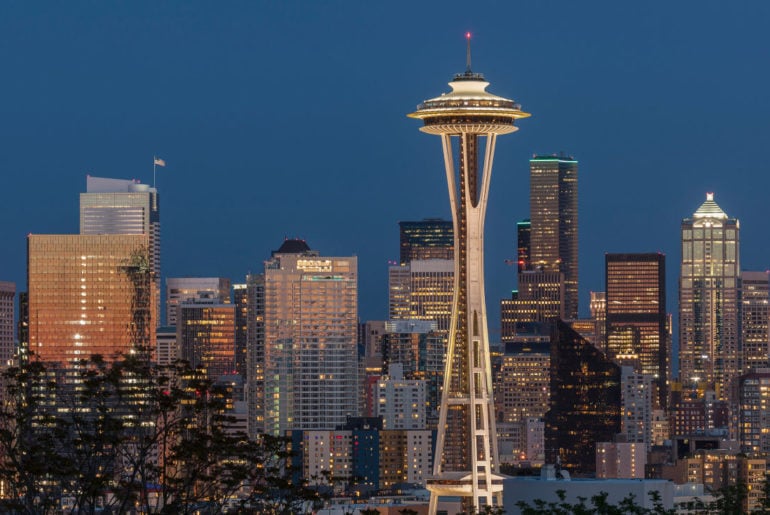On November 18, 2021, President Biden signed Executive Order (“EO”) 14054 which terminates US sanctions related to Burundi by revoking EO 13712 of November 22, 2015. EO 13712 imposed sanctions related to Burundi due to “the killing of and violence against civilians, unrest, the incitement of imminent violence, and significant political repression” occurring in Burundi at the time and designated several parties as Specially Designated Nationals.
On 2 December 2021, the Australian Parliament passed the Autonomous Sanctions Amendment (Magnitsky-style and Other Thematic Sanctions) Act 2021 (Cth). The new laws are intended to modernise Australia’s autonomous sanctions regime by creating a framework to facilitate the establishment of a thematic sanctions regime to enable Australia to respond flexibly and swiftly to a range of situations of international concern. A key difference to the current sanctions regime is that the new laws will not be restricted in their operation to any particular country / jurisdiction.
On November 10, the Department of State, Department of Treasury, and Department of Commerce released an advisory titled “Considerations for US Companies and Organizations that Conduct Business in Cambodia within Key Sectors or in Partnership with High Risk Entities” (the “Cambodia Advisory”). The Cambodia Advisory is focused on corporations and, according to the accompanying press release, is meant to caution businesses currently operating, or considering operations, in Cambodia to be mindful of interactions with entities and sectors potentially involved in human rights abuses, criminal activities, and corrupt business practices. This blog post will be focused on the corruption and responsible sourcing risks highlighted by the Cambodia Advisory.
Following Brexit, the UK government have announced the introduction of new Freeports that may act as hubs for global trade and investment in the UK. These so-called “Free Zones” are special economic customs zones located within a Freeport in the UK. Exclusive customs, VAT and excise rules apply within the Free Zone, making it easier or more cost efficient for operators to import, store and process imported goods in these zones.
On 17 November 2021 the EU published a draft Regulation seeking to introduce new due diligence requirements aimed at tackling deforestation and forest degradation.
On 5 November 2021, Turkish Ministry of Trade amended the Customs Regulation. The amendments specify the cases where proof of origin is not required and introduce additional period for the subsequent submission of documents evidencing the origin of the goods.
In the aftermath of COVID-19 and the resulting low-yielding environment, sovereign actors are looking more than ever to real estate, infrastructure, private equity, private debt and other alternative assets for strategic investment opportunities.
On November 10, 2021, President Biden signed the Reinforcing Nicaragua’s Adherence to Conditions for Electoral Reform Act into law, which calls for increased sanctions against Nicaragua. This followed November 7 elections in Nicaragua that allowed President Daniel Ortega to stay in power for a fourth consecutive term.
On November 12, 2021, the US Department of the Treasury’s Office of Foreign Assets Control sanctioned four entities and two individuals pursuant to Executive Order 14046, “Imposing Sanctions on Certain Persons With Respect to the Humanitarian and Human Rights Crisis in Ethiopia”. These designations are in response to the growing humanitarian and human rights crisis and expanding military conflict in Ethiopia.
Please join us for a new weekly video series, hosted by Baker McKenzie’s North America Government Enforcement partners Tom Firestone and Jerome Tomas. This weekly briefing is available on demand and will cover new Cambodia sanctions and the Steven Bannon Indictment.



